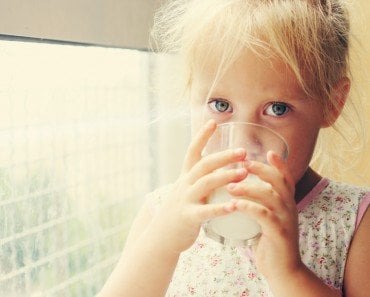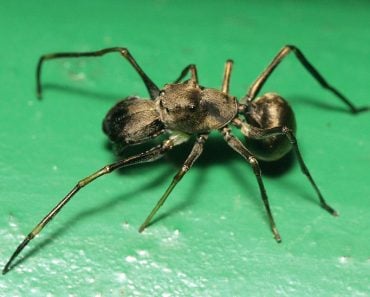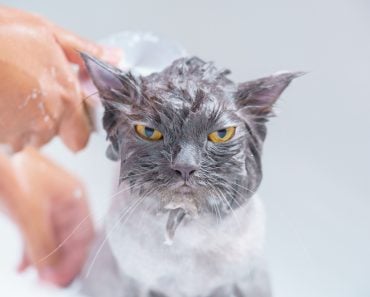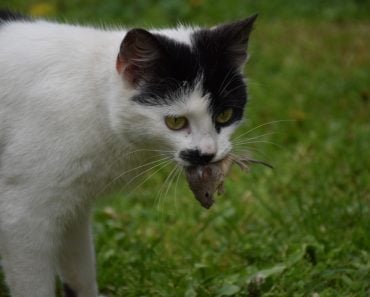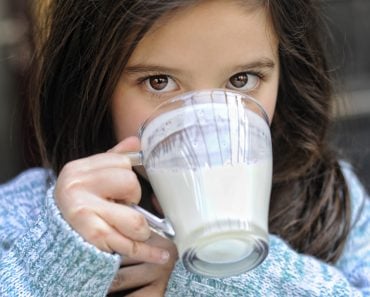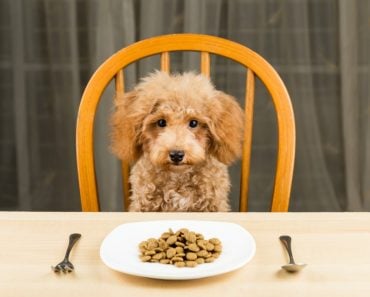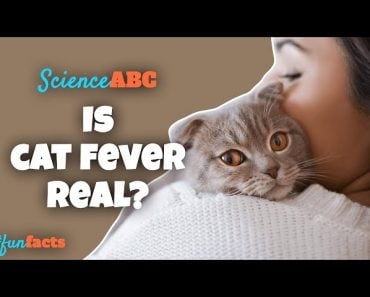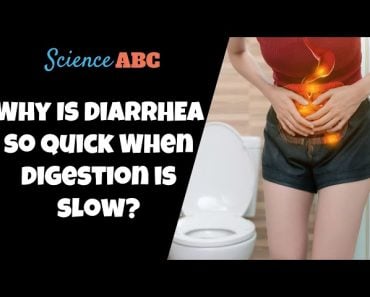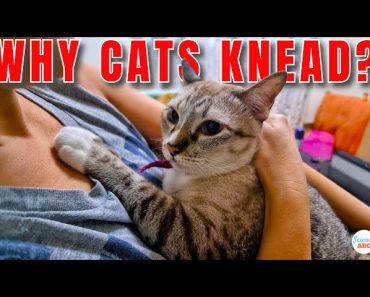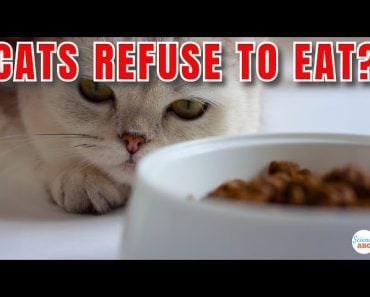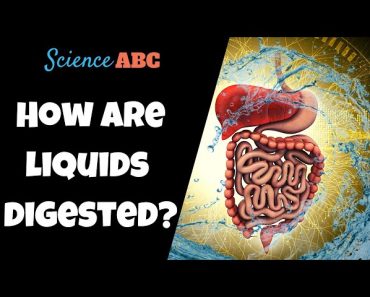Table of Contents (click to expand)
When it comes to this question, pop culture is entirely wrong. Adult cats aren’t supposed to drink milk, as they cannot digest it. Kittens drink their mother’s milk, but begin losing the ability to digest lactose, a sugar present in cow’s milk, as they age. This makes cats lactose intolerant.
Pretty much every interpretation of a cat in popular media plays on their apparent obsession with milk. It’s socially ingrained in us, to the point that any time most of us see a feral cat or a baby kitten in the streets, we will bring them a bowl of milk and “psspsspss” at them in an attempt to establish contact and familiarity.
However, have we ever stopped and wondered if cats are even supposed to drink milk?
Recommended Video for you:
What Do Cats Actually Drink?
Well… they do drink milk. Every growing mammal in the world derives nutrition from its mother’s milk.
The only exception to this rule is monotremes, like the platypus and echidna. These mammals don’t give birth to live offspring and lack nipples. In fact, they’re the only egg-laying mammals!
Returning to the point, yes, cats drink milk. The key difference, however, is that they drink their mother’s milk. Not another mammal’s milk. Cats feed on their mother’s milk after they are born and continue to do so for the first 12 weeks of their life.
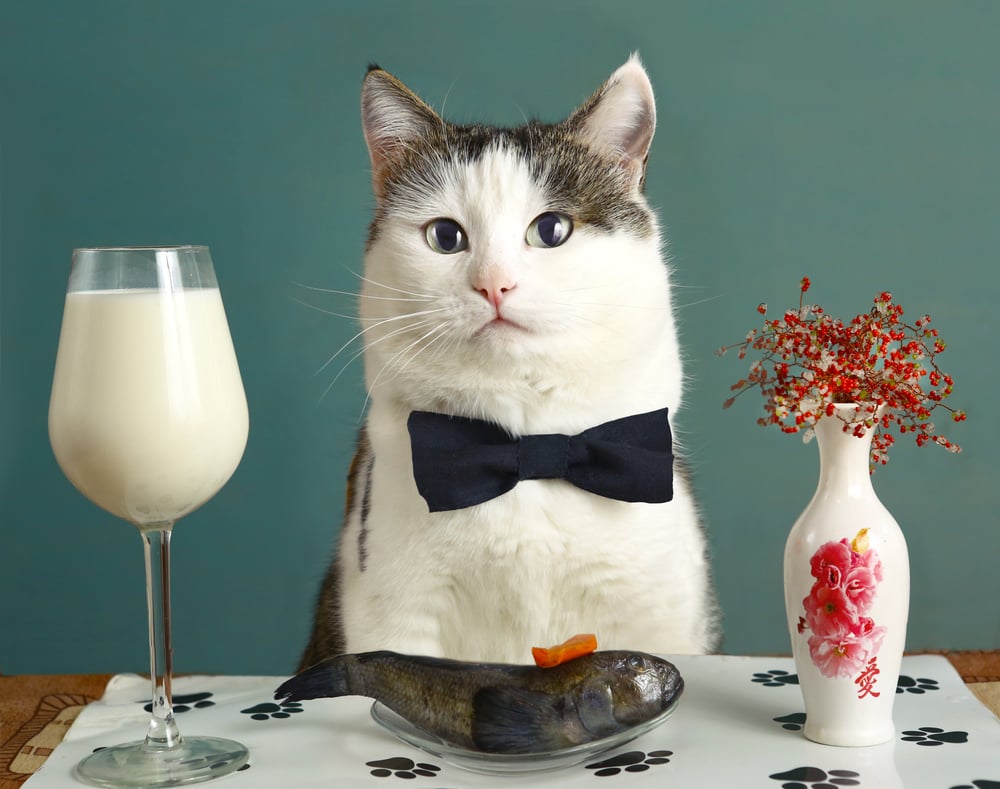
In fact, cats like milk quite a bit, so why can’t we integrate it into their diets for the rest of their life?
Why Can’t Cats Drink Milk?
The simple answer is that they’re not supposed to.
Most mammals produce milk for their young. A primary component of milk is lactose—a carbohydrate made of galactose and glucose monosaccharide units. Upon digestion, lactose is broken down into these two monosaccharide units. This digestion is mediated by an enzyme called lactase.
Cats feed on their mother’s milk for the first part of their life, before they are able to hunt for themselves. It is only during this time that they produce enough lactase to digest milk.
Cats are obligate carnivores, meaning that they have evolved to hunt and eat meat. An ideal cat diet is protein-rich, not heavy in carbohydrates.
As kittens age into cats, their ability to digest carbohydrates, such as lactose, begins to decline. In fact, cats that have a high carbohydrate diet have higher levels of glucose in their blood. This occurs because cats aren’t very good at converting glucose, derived from carbohydrates, into glycogen (the storage form of glucose in animals).
What does this mean?
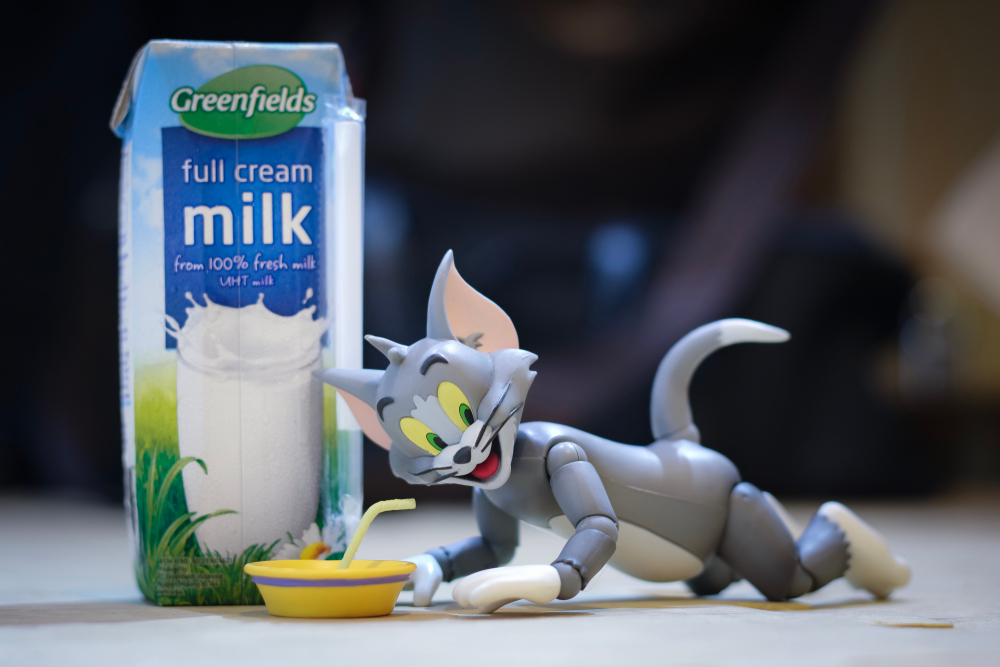
Essentially, cats are bad at processing and storing carbohydrates in their body. Many cats with a carbohydrate-rich diet end up suffering from diabetes mellitus. This is a condition in which the feline cannot properly produce or respond to the hormone insulin. As the condition worsens, cats end up suffering from tiredness, weight loss, and increased thirst and urination.
So, when cats drink a lot of milk, they don’t efficiently digest and process the lactose. This results in a condition known as lactose Intolerance.
Lactose Intolerance isn’t specific to just cats; in fact, many adult mammals, including humans, suffer from the same condition!
Lactose intolerance isn’t a passing condition. The continued supply of milk to cats that suffer from such intolerance further worsens any symptoms that arise, such as diarrhea.
Cats are also bad at dealing with a very fat-rich diet. One study showed that the milk fats found in dairy products can exacerbate gastrointestinal conditions. In fact, the higher the milk fat content, the sooner the symptoms and degenerative processes develop. Other symptoms of lactose intolerance include inflammatory conditions, such as inflammation of the gut, especially the colon.
Conclusion
Cats are meat eaters. Their diet should primarily be comprised of protein-rich sources. Any fat they consume should also be derived from animal fats, such as the Omega-3 fatty acids found in fish oil.
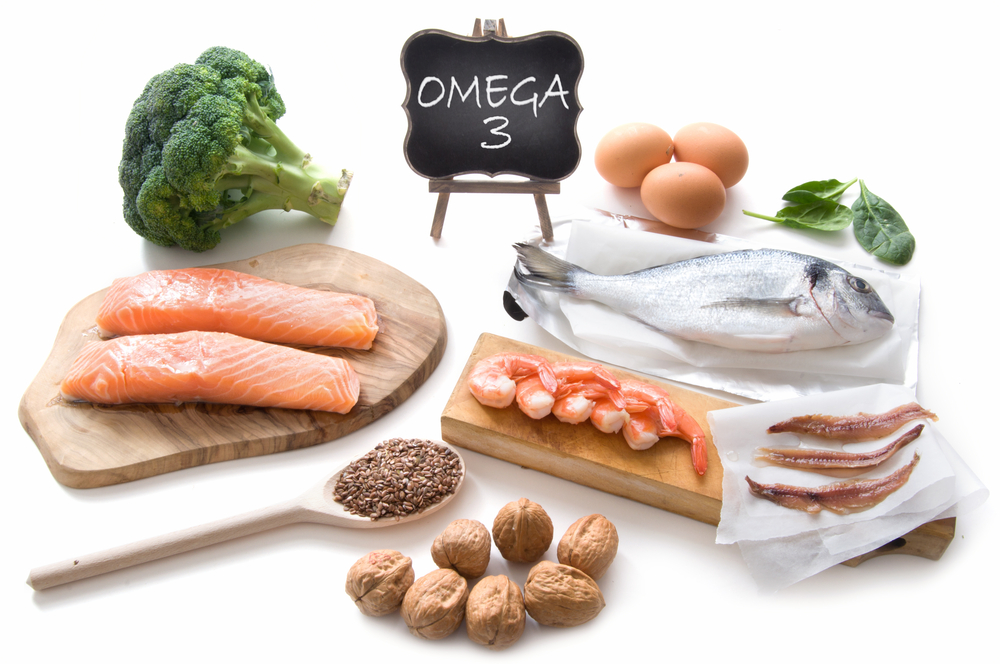
But remember, cats do love milk. They love milk for the same reasons we love junk food. It’s rich in fat and tastes nice.
How much milk can cats actually have? On the one hand, most veterinarians prefer it to be entirely removed from feline diets. They view this as a preventative measure.
Others classify milk as a high-calorie treat that can be included in feline diets once a month at most. Scientists consider this okay, as they regard it as a source of Taurine. Taurine is an essential amino acid and very important in their diet.
A lack of Taurine in their diet can result in poor health and causes blindness due to the degradation of the retina. Cow’s milk does contain some amount of taurine.
So, treat your cat to the occasional bowl of milk. In fact, you can switch out cow’s milk for goat’s milk, or even buy specifically formulated cat’s milk. However, don’t integrate it into their diet. If you want to give them something else to drink, a good ol’ bowl of water will always be the better choice.
References (click to expand)
- Mariia Nikolaevna, K. (2019, December 30). Clinical and Morphological Manifestations of Disorders of the Gastrointestinal Tract of Cats with Regular Consumption of Lactose. Biosciences, Biotechnology Research Asia. Oriental Scientific Publishing Company.
- Morris, J. G., Trudell, J., & Pencovic, T. (1977, May). Carbohydrate digestion by the domestic cat (Felis catus). British Journal of Nutrition. Cambridge University Press (CUP).
- Verbrugghe, A., & Hesta, M. (2017, November 15). Cats and Carbohydrates: The Carnivore Fantasy?. Veterinary Sciences. MDPI AG.

